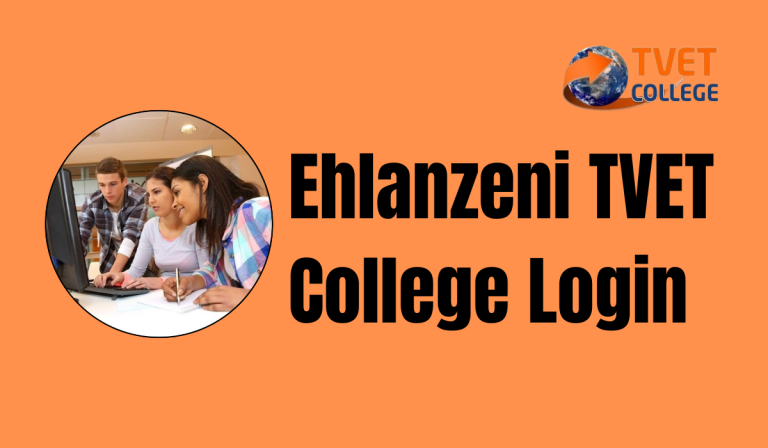TVET Colleges Urged To Focus on Job-Creating Programs

TVET Colleges Urged To Focus on Job-Creating Programs. Higher Education, Science and Innovation Minister, Professor Blade Nzimande, called upon technical and vocational education and training (TVET) colleges to shift their focus towards programs that lead to meaningful employment and contribute to local economic development.
Nzimande emphasized the need for colleges to tailor their offerings based on the specific needs of their local communities, moving away from a one-size-fits-all approach.
Local Needs Analysis
Minister Nzimande urged TVET colleges to conduct a thorough analysis of the local needs in the areas where they are situated. This approach ensures that the programs offered align with the skills required by the specific regions. He emphasized the diversity in locations, stating that some colleges are situated in rural areas, while others are in industrial and automotive hubs.
Adapting to Regional Specifics
Nzimande emphasized the importance of TVET colleges aligning their programs with the occupational programs listed by the Quality Council for Trades and Occupations (QCTO). This matching process ensures that the educational offerings directly meet the demands of the local job market, fostering employment opportunities for students.
Shift from Generic Programs
The Minister stressed the need for TVET colleges to move away from generic, one-size-fits-all programs that may not necessarily lead to meaningful employment. This shift in approach aims to enhance the relevance of the education provided and increase the employability of graduates.
Focus on Self-Employment Opportunities
Nzimande recently launched the Hairdressing Programme as a fully-funded occupational program. This initiative is designed to empower students to become self-employed, aligning with the broader goal of fostering entrepreneurship and self-sufficiency among graduates.
Audit Outcomes and Infrastructure Spending
Minister Nzimande acknowledged positive trends in the audit findings of TVET colleges in the Eastern Cape region. Six out of eight colleges have shown improvement, moving from negative to unqualified audit outcomes. However, he expressed concern about non-spending and project execution issues in some colleges, emphasizing the urgency required in utilizing allocated funds for infrastructure development.
Conclusion
The call from Minister Nzimande serves as a crucial directive for TVET colleges to prioritize programs that directly contribute to local economic development and employment opportunities. Aligning educational offerings with the specific needs of diverse regions and addressing issues related to audit outcomes and project execution will ensure that TVET colleges play a pivotal role in shaping a skilled and employable workforce for the future.











